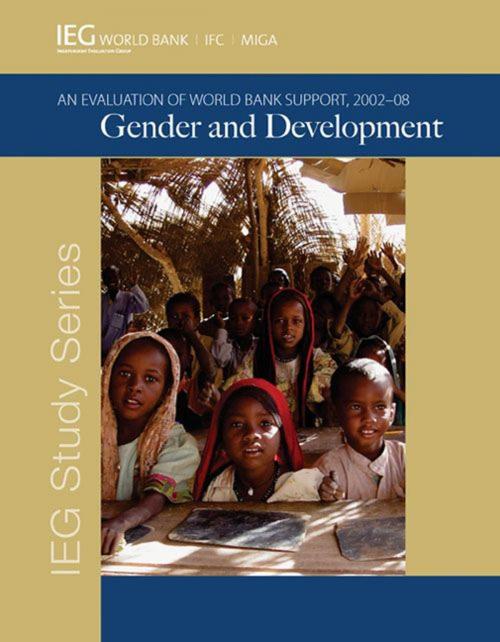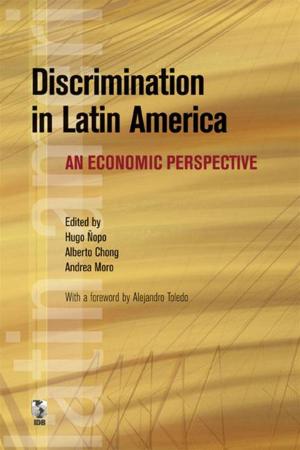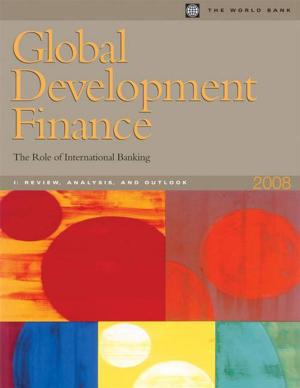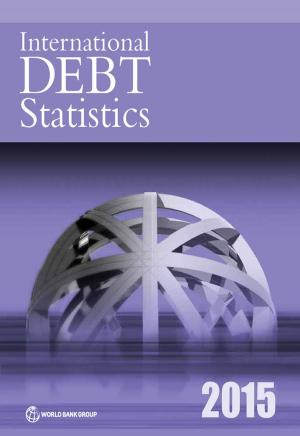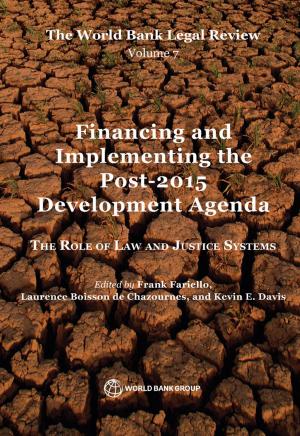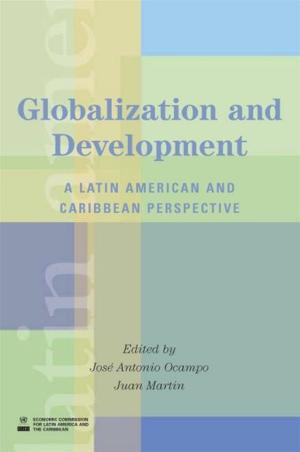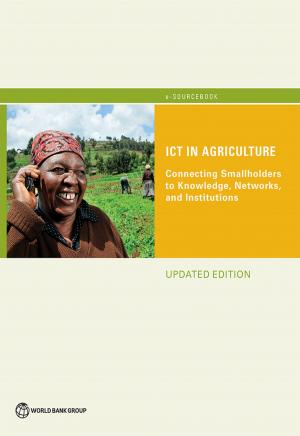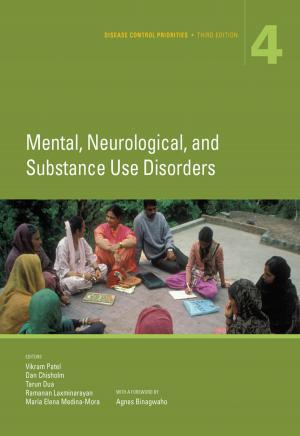Gender and Development: An Evaluation of World Bank Support 2002-08
Nonfiction, Social & Cultural Studies, Social Science, Demography| Author: | World Bank | ISBN: | 9780821383261 |
| Publisher: | World Bank | Publication: | May 6, 2010 |
| Imprint: | Language: | English |
| Author: | World Bank |
| ISBN: | 9780821383261 |
| Publisher: | World Bank |
| Publication: | May 6, 2010 |
| Imprint: | |
| Language: | English |
This evaluation assesses the effectiveness of the World Bank?s 2001 gender strategy and the results thereof. Covering the period fiscal 2002-08 the evaluation finds that the Bank made progress in gender integration compared with an earlier IEG evaluation on gender covering the period fiscal 1990-99. Gender integration into Bank support increased both in quantity and in scope and more than half of relevant projects integrated gender concerns. With regard to outcomes detailed reviews were undertaken in 12 focus countries and the evaluation finds that Bank support likely contributed to increased gender equality in three domains?investment in human capital access to economic assets and opportunities and voice in development?substantially in 4 of the 12 countries modestly in another 6 and weakly in 2. The evaluation recommends several actions to regain and sustain the momentum of gender integration that was evident in the first half of the evaluation period. These include redoubling efforts to institutionalize the accountability framework and develop the monitoring system envisioned in the 2001 Gender Strategy establishing a results framework and restoring a broader requirement for gender integration at the project level.
This evaluation assesses the effectiveness of the World Bank?s 2001 gender strategy and the results thereof. Covering the period fiscal 2002-08 the evaluation finds that the Bank made progress in gender integration compared with an earlier IEG evaluation on gender covering the period fiscal 1990-99. Gender integration into Bank support increased both in quantity and in scope and more than half of relevant projects integrated gender concerns. With regard to outcomes detailed reviews were undertaken in 12 focus countries and the evaluation finds that Bank support likely contributed to increased gender equality in three domains?investment in human capital access to economic assets and opportunities and voice in development?substantially in 4 of the 12 countries modestly in another 6 and weakly in 2. The evaluation recommends several actions to regain and sustain the momentum of gender integration that was evident in the first half of the evaluation period. These include redoubling efforts to institutionalize the accountability framework and develop the monitoring system envisioned in the 2001 Gender Strategy establishing a results framework and restoring a broader requirement for gender integration at the project level.
